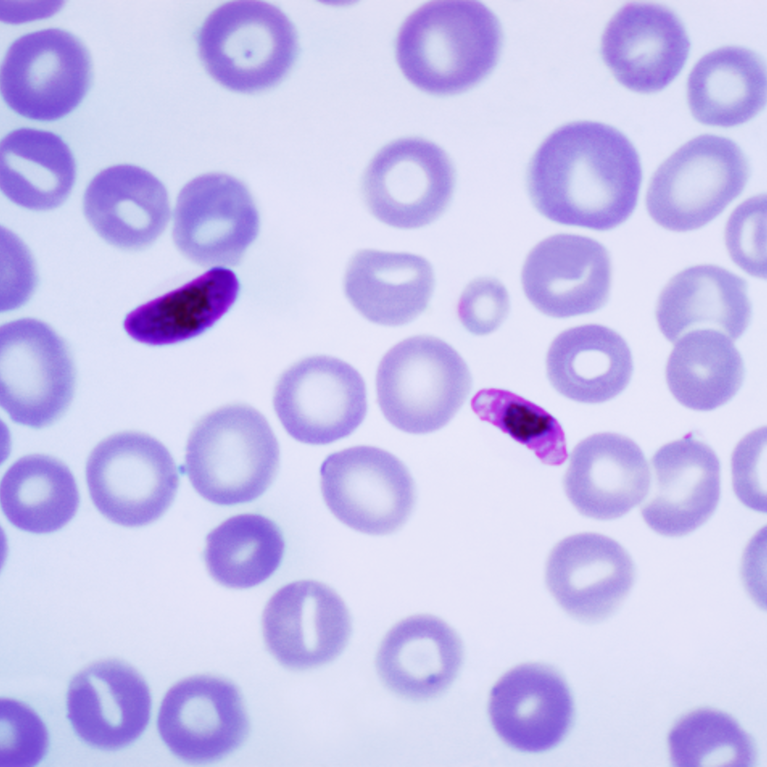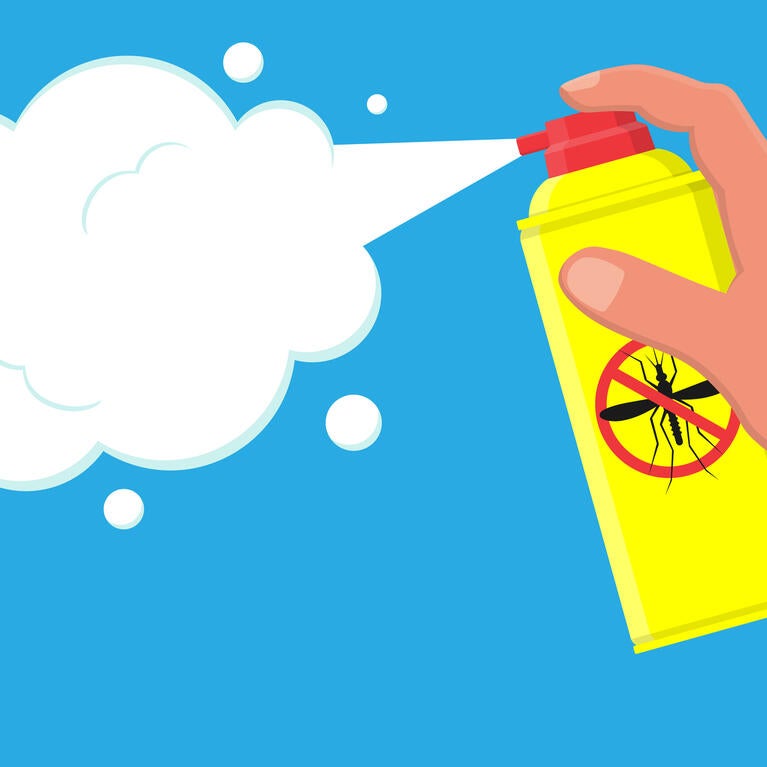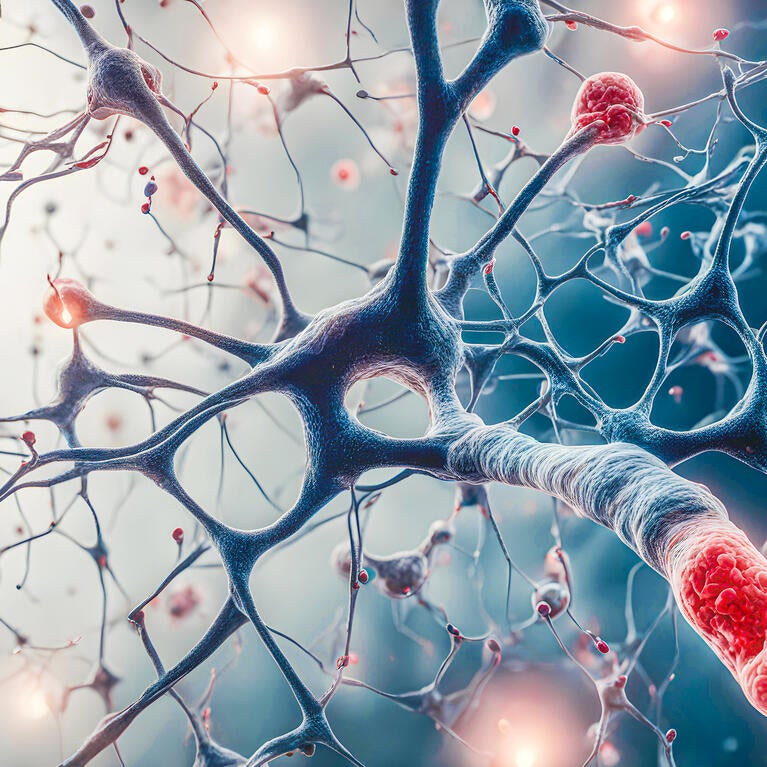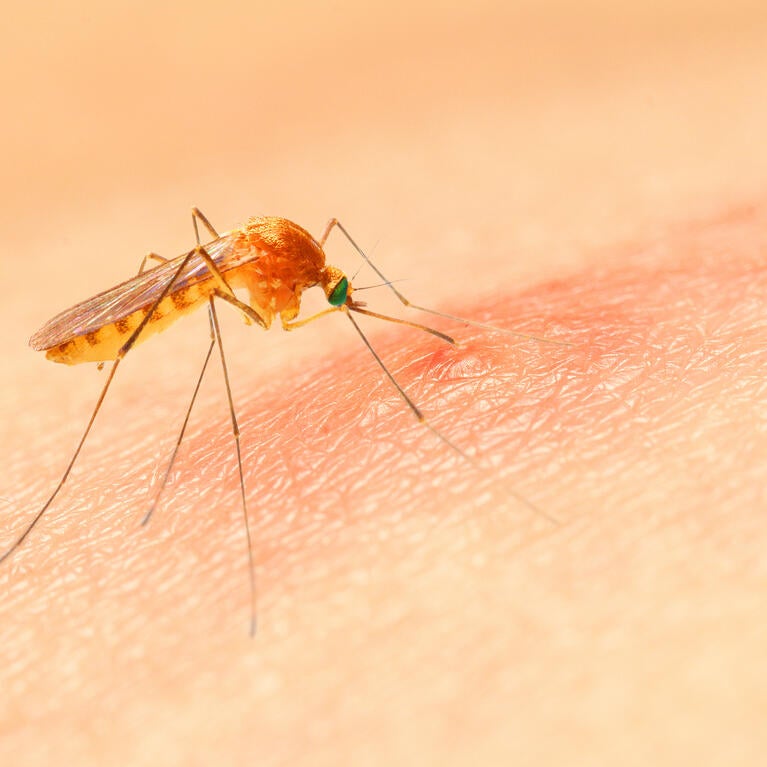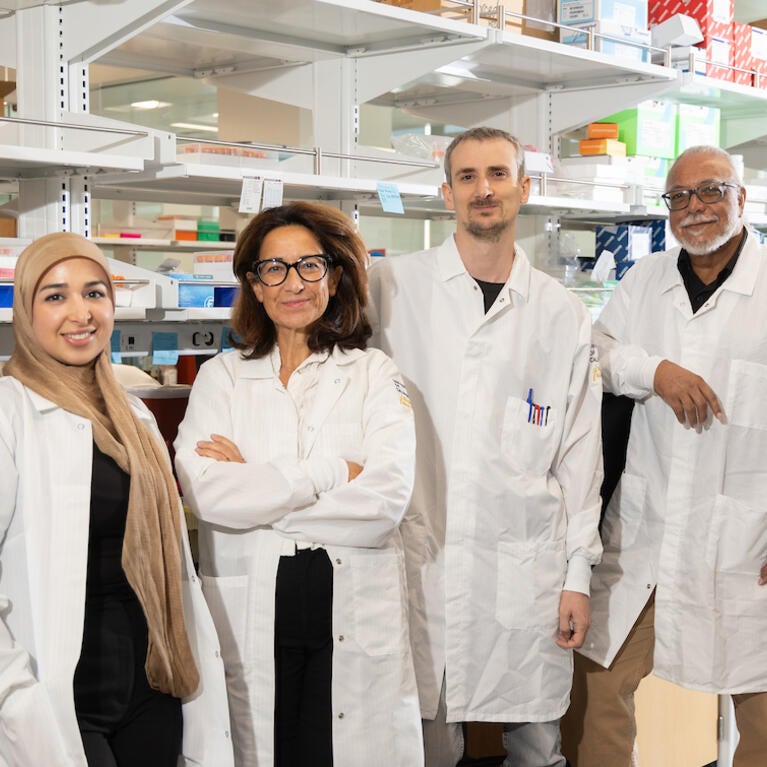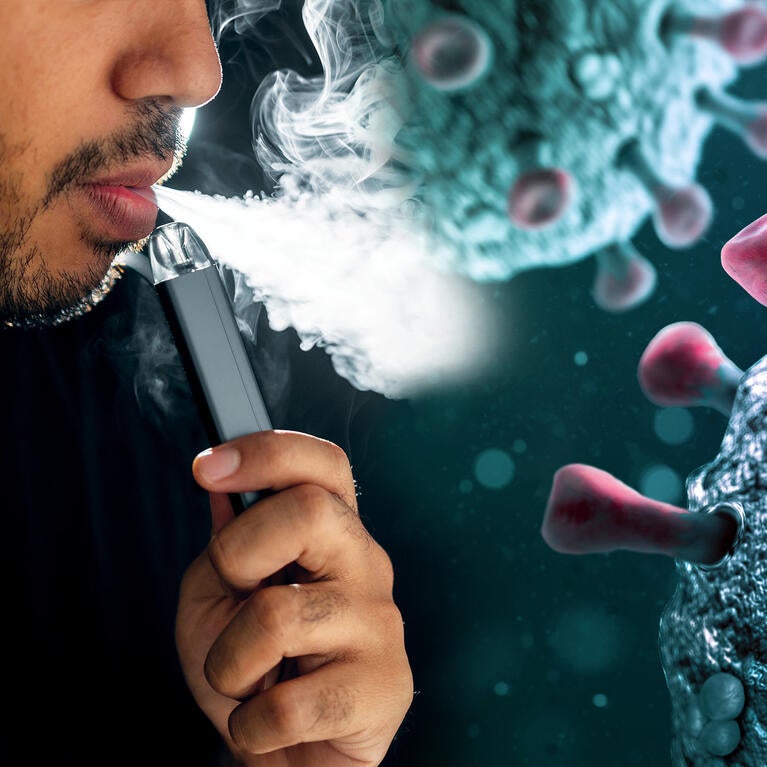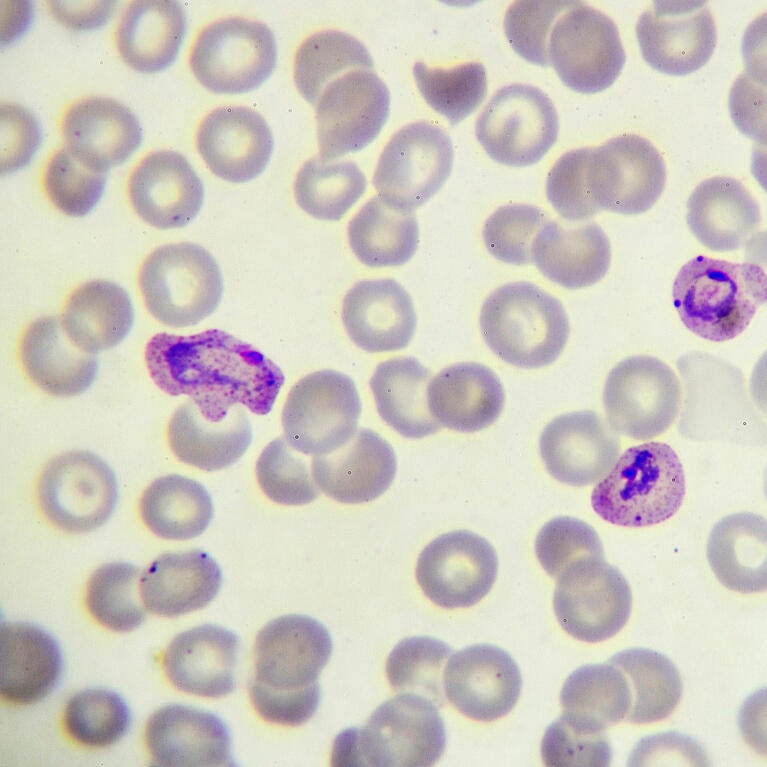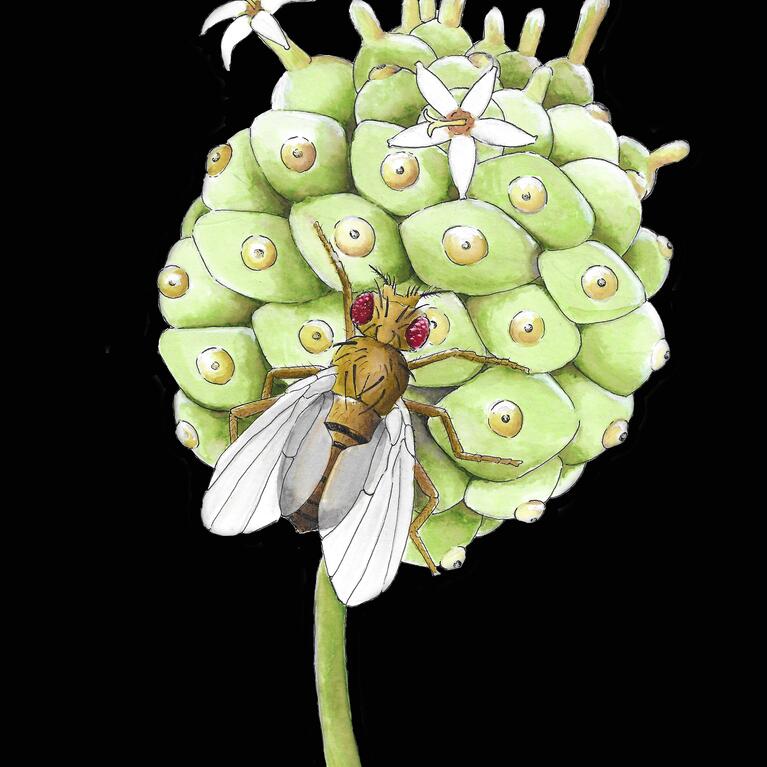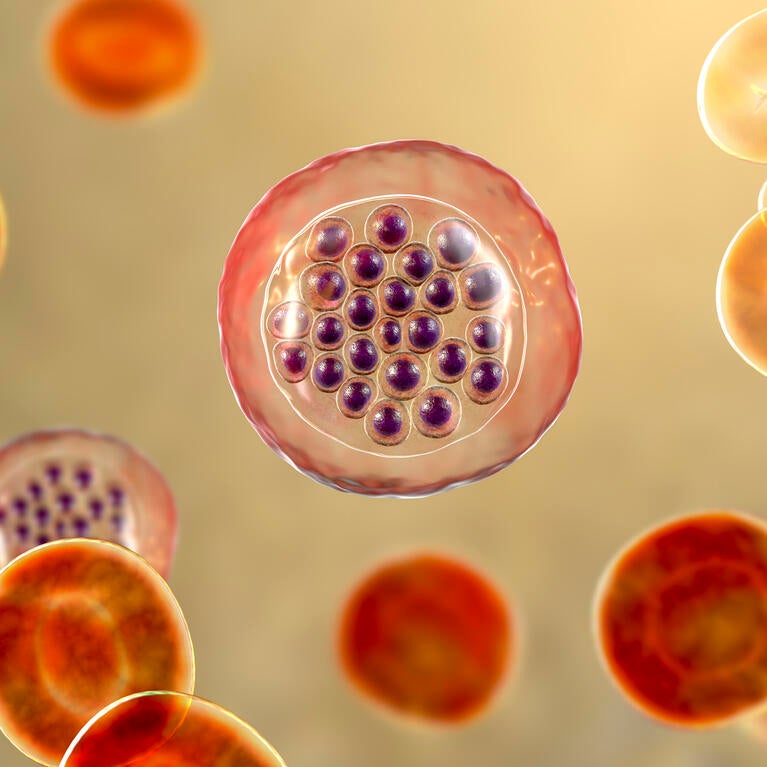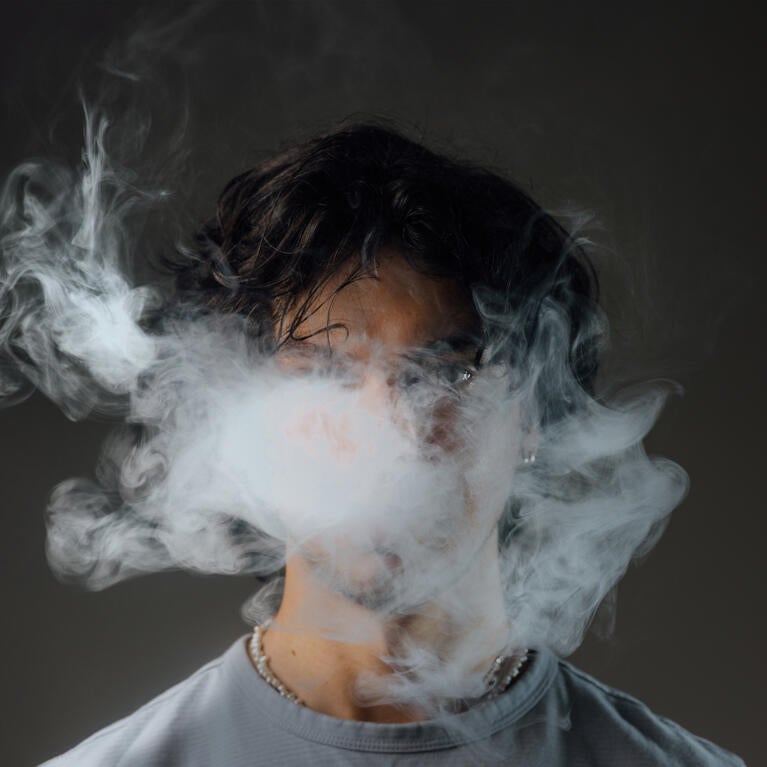
New study highlights health risks of ultrasonic cigarettes
UC Riverside researchers find harmful metals in u-cigarettes’ liquids and aerosols
By Iqbal Pittalwala |
| Health

Pregnant women advised to avoid mentholated e-cigarettes
Vaping during pregnancy is becoming more common, but its impact on early human development is not well understood. A new study by scientists at the University of California, Riverside, now reports that the flavor chemical menthol used in electronic cigarettes could pose risks to a developing baby. The study, published...
By Iqbal Pittalwala |
| Health


